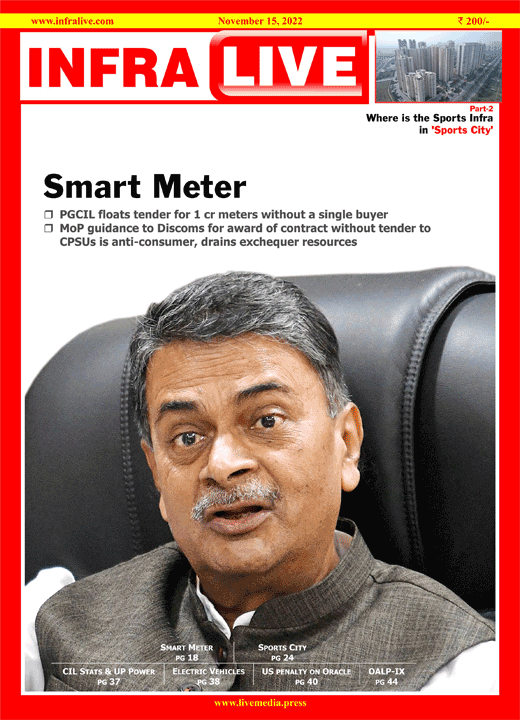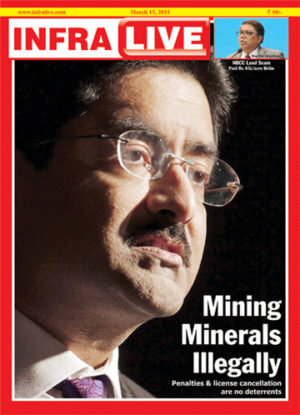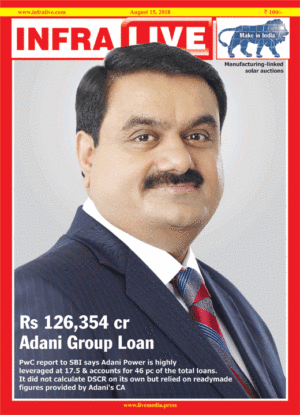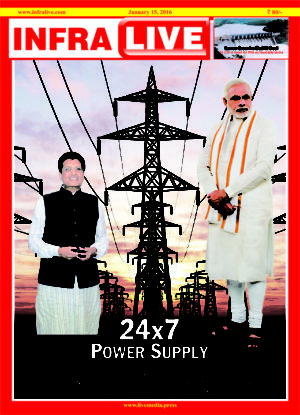The mega smart electricity meters tender of PGCIL has hit a wall owing to multiple structural faults. The magnitude of this failure is reflected in its inability to attract any discom as buyer. PGCIL’s lack of prior preparation and inept implementation can be gauged from the fact that it changed the bid opening date 12 times, issued 13 amendments and 12 clarifications running over 580 pages. No updated tender document was uploaded despite changes carried out numerous times. The selection process is currently underway and presently meter testing is on. It has been five months since the tender release. And what does PGCIL have to show for its performance. It says that two Gujarat discoms have evinced interest albeit there are no commitments.
Why should any discom procure smart meters from PGCIL? What advantage does a discom stand to gain from such buys? This is not clear. What is certain though is that such procurements will hit the consumer with a PGCIL fee of Rs 450-480/meter.
In January this year, power ministry issued guidelines stating that discoms across the country may get their smart metering projects done through four government agencies – Power Grid Corporation of India Ltd (PGCIL), PFC Consulting Ltd (PFCCL) and REC Power Development and Consultancy Ltd (RECPDCL) – on nomination/MoU basis. These agencies were to be paid consultancy fees based on a formula that factored certain stated numbers of meters installed. Moreover, the installation of 4 crore smart meters on nomination basis also was vested with CPSEs.
This is a highly unsmart and flawed move on several counts. First, it does not lead to competitive price discovery. Second, it burdens consumers with higher tariff. Third, it burdens the exchequer by way of additional provisioning of grants. Fourth, the nominated CPSEs have no proven record of excellence in smart meter projects, they have been beaten by the private sector in the transmission business as well. On the other hand, private players who have proven their competence and efficiency are completely shut out of this MoU route process. If this had been an open tendering process, there would be a better price discovery, in the end, benefitting consumers.
The rationale of awarding projects on a nomination basis is operable only under certain circumstances – where there are not enough players, private sector is non-existent or government support is required due to novel technical requirements. However, there is no wisdom in such MoU route actions on smart meters.




